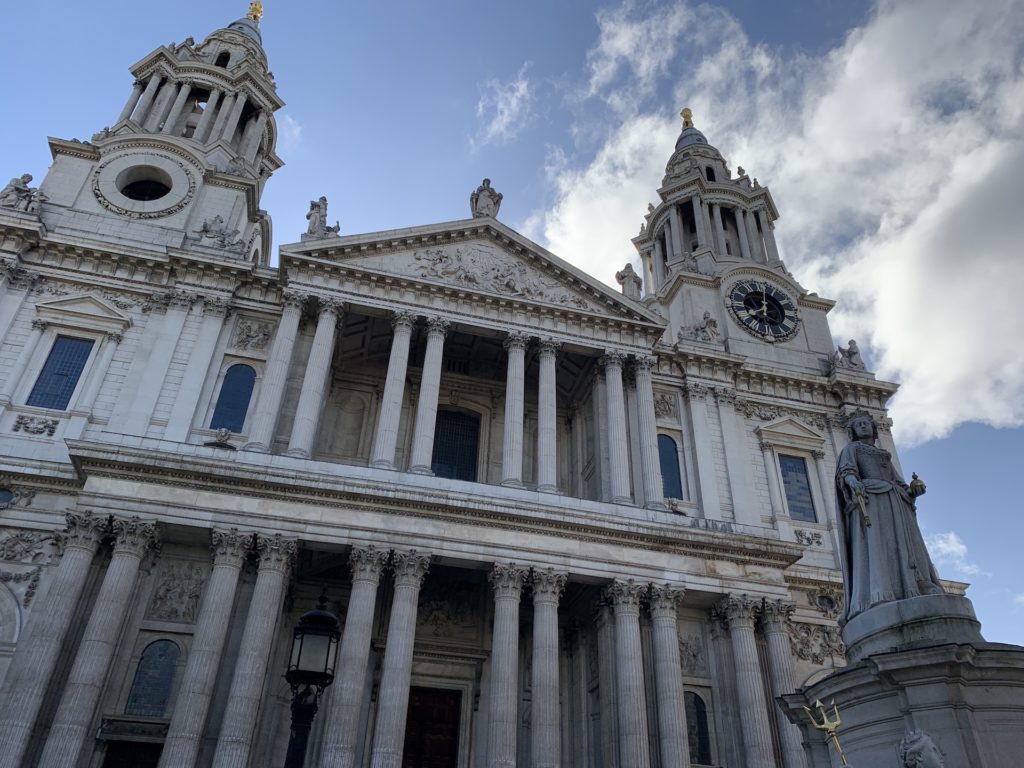[Warning: Politics Ahead.]
I just finished reading Drutman’s Breaking the Two Party Doom Loop: The Case for Multiparty Democracy in America.
If you’re frustrated, or despondent, at the state of politics in America you should read it.
If you’re not frustrated at the state of American politics – because you’ve stopped paying attention – you should read it, too.
Drutman’s core argument is roughly that despite being two-party in name for the decades when American government was seen as being the most effective it was, practically speaking, a four party system. Factions of conservative-leaning Democrats and liberal-leaning Republicans enabled compromise.
Drutman presents a compelling argument that the breakdown of this “effectively four party” system into two well sorted parties leads directly to our current “lesser-of-two evils” state, and is the root cause of much of the fundamental dysfunction in American politics and government.
What makes his analysis different, and recommended reading, is that he proposes a plausible solution that doesn’t require a constitutional amendment and doesn’t immediately fail the sniff test.
Not to spoil the ending, but Drutman proposes abandoning winner-take-all elections and adopting single winner ranked choice voting for Senate seats and multi-winner ranked choice voting for House seats, while enlarging the house and expanding two-parties into between four and six.*
He supports this proposal with evidence from other countries that have done similar things, and with examples from America’s past where seemingly impossible electoral and political reform happened.
My read of his proposal is that it isn’t particularly partisan – it doesn’t help one party at the cost of the other. It fundamentally changes the election game and makes room for collaboration and compromise in a system that’s lost that ability by choice, accident, and design. He persuasively argues and presents evidence that this has worked in other countries, and that it can work in America.
I found the book well researched, considered and methodical in its approach, and focused on a concrete problem and a potential solution. I don’t know if what Drutman proposes will work, or can work, but I can’t find fault with his fundamental thesis: that American democracy is on a course to tear itself apart.
It’s up to America, and Americans, to find a way to fix it.
Next on the reading list: How Democracies Die: What History Reveals About Our Future.
* I’ve been supporting FairVote for several years, but honestly never saw it as part of a larger potential fix for American politics.
[24-May]
** For more thoughts on the subject of how the two party sorting contributes to the problem, consider Rethinking Polarization, by Rauch [nationalaffairs.com].

